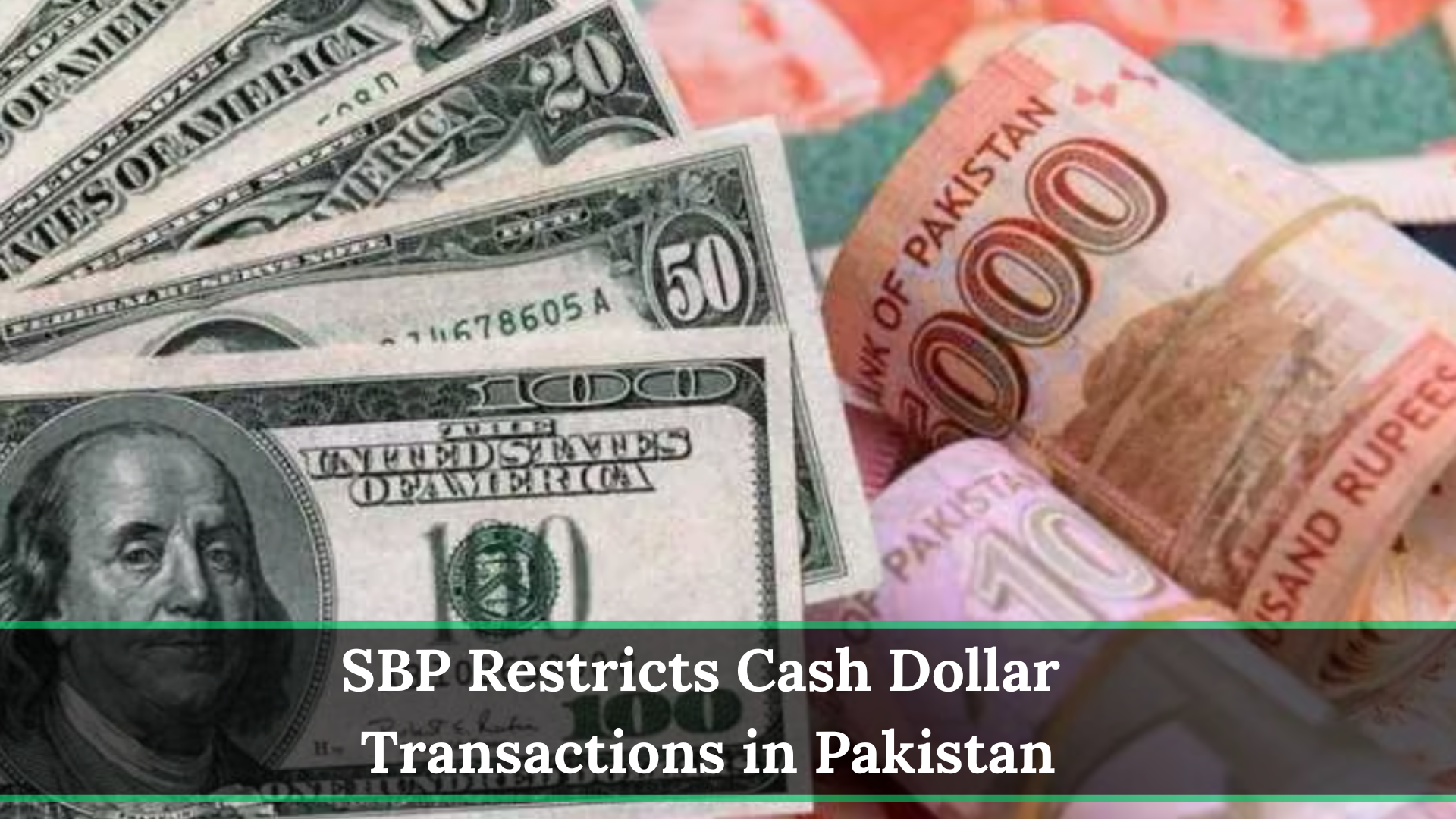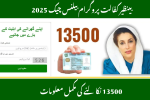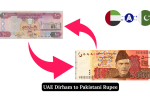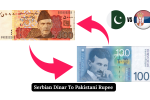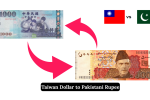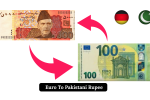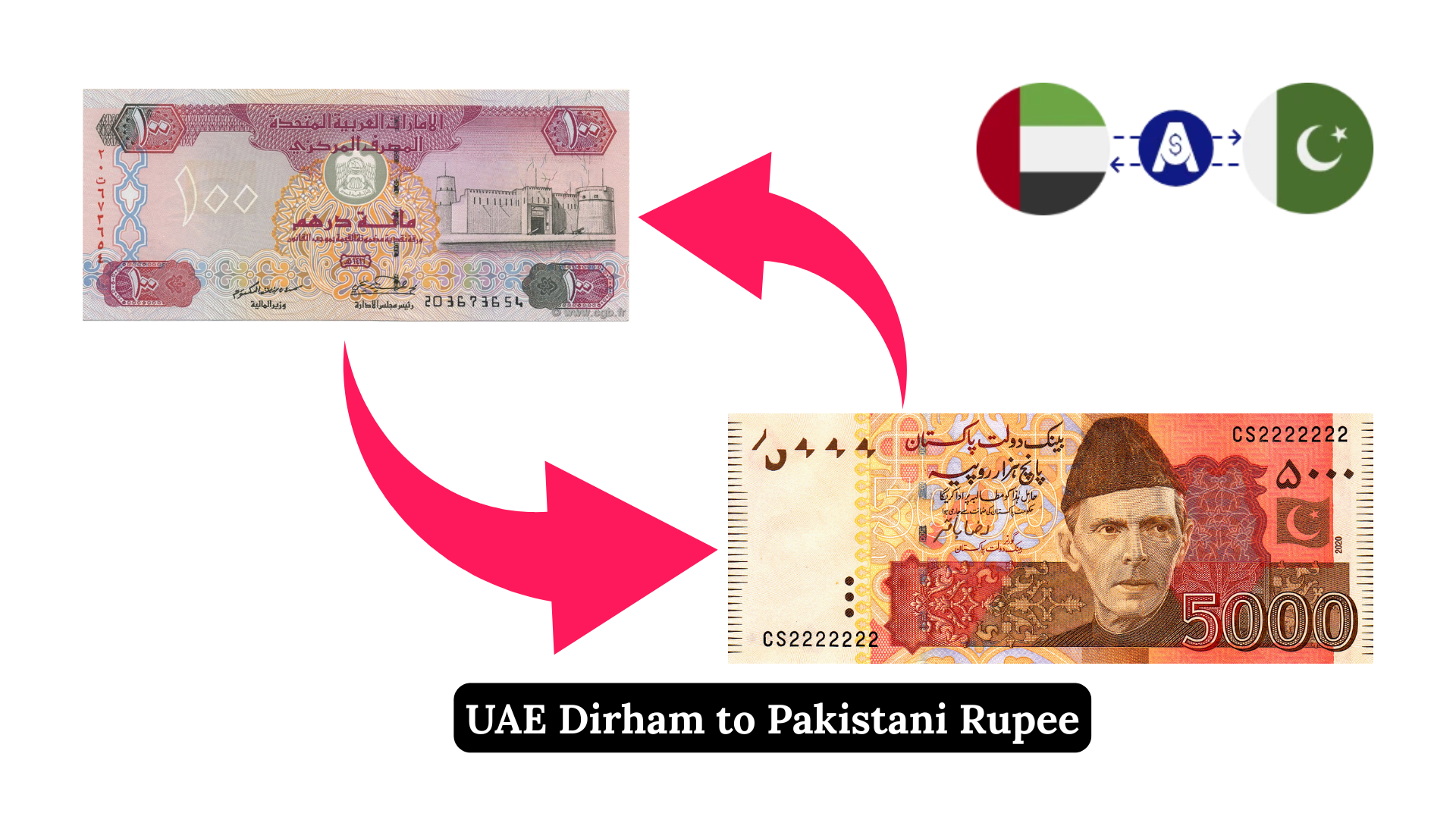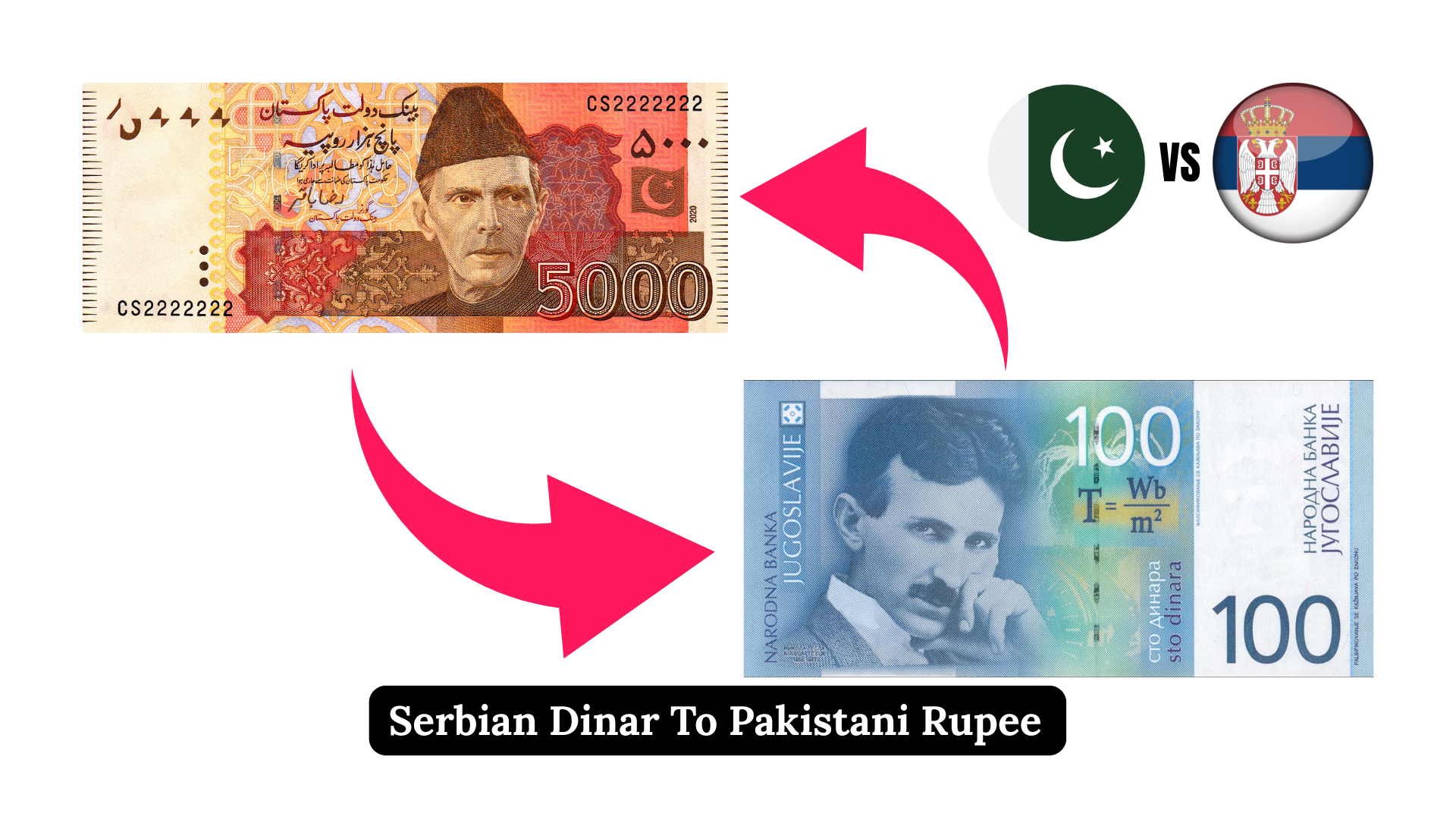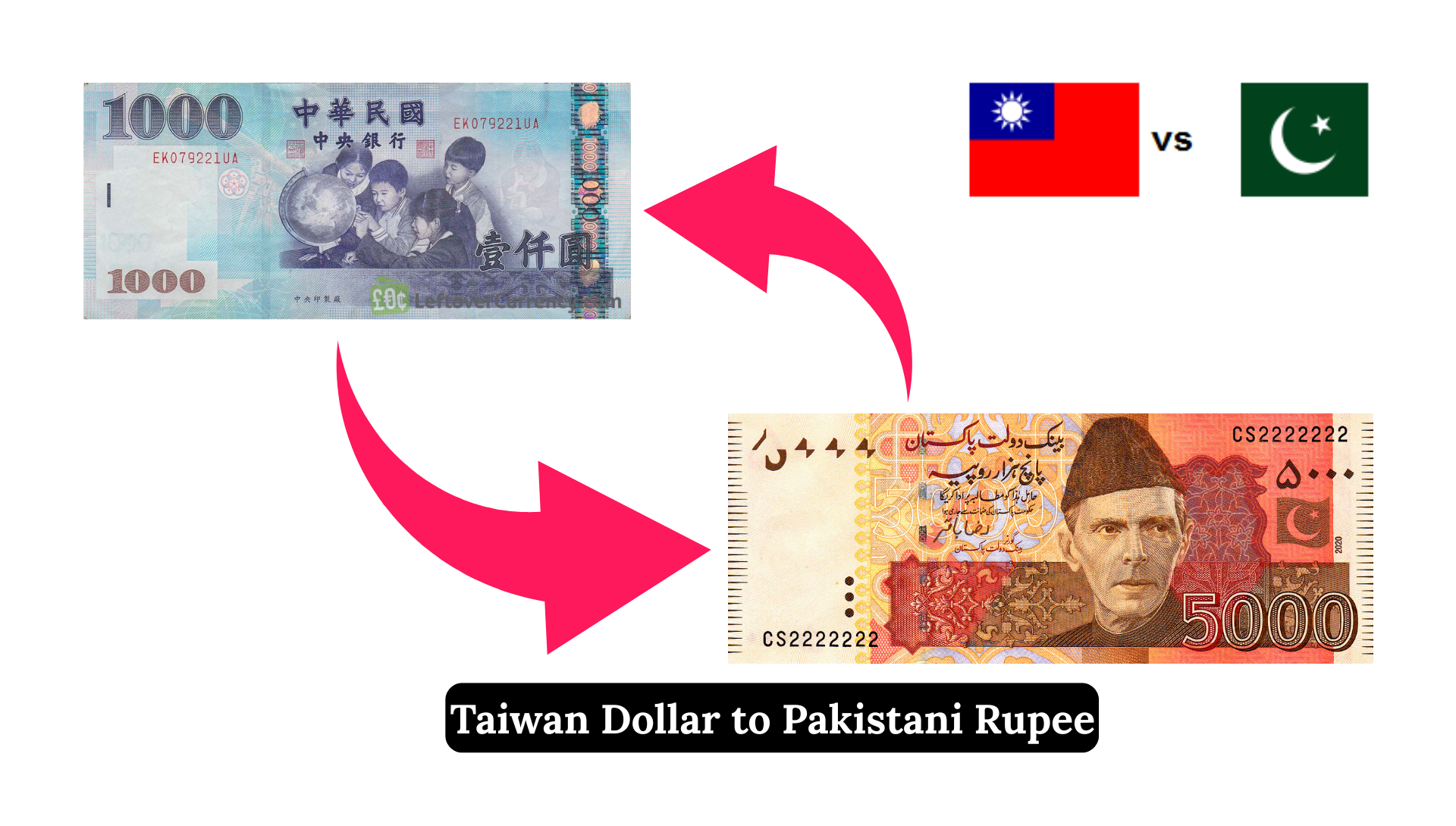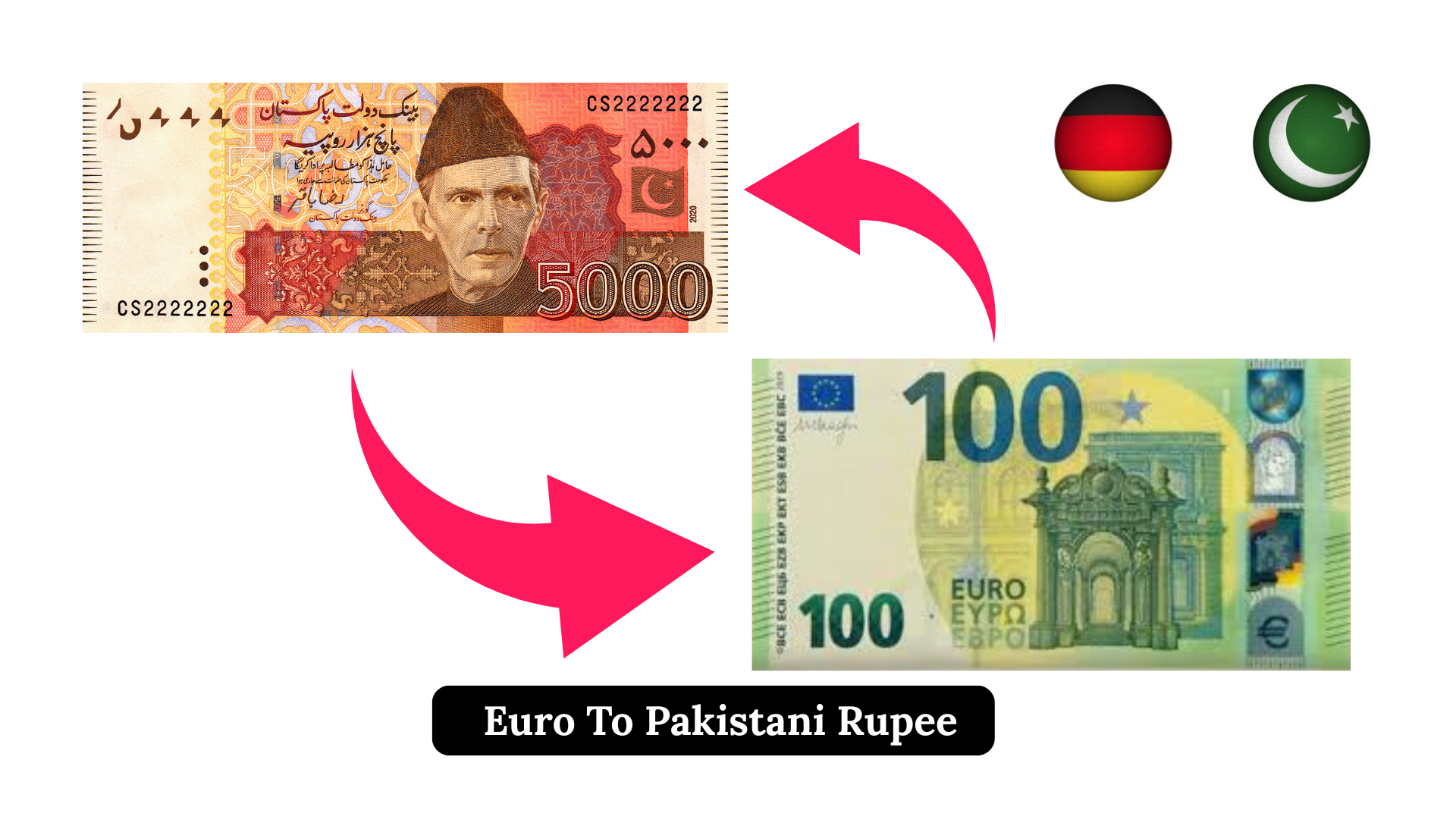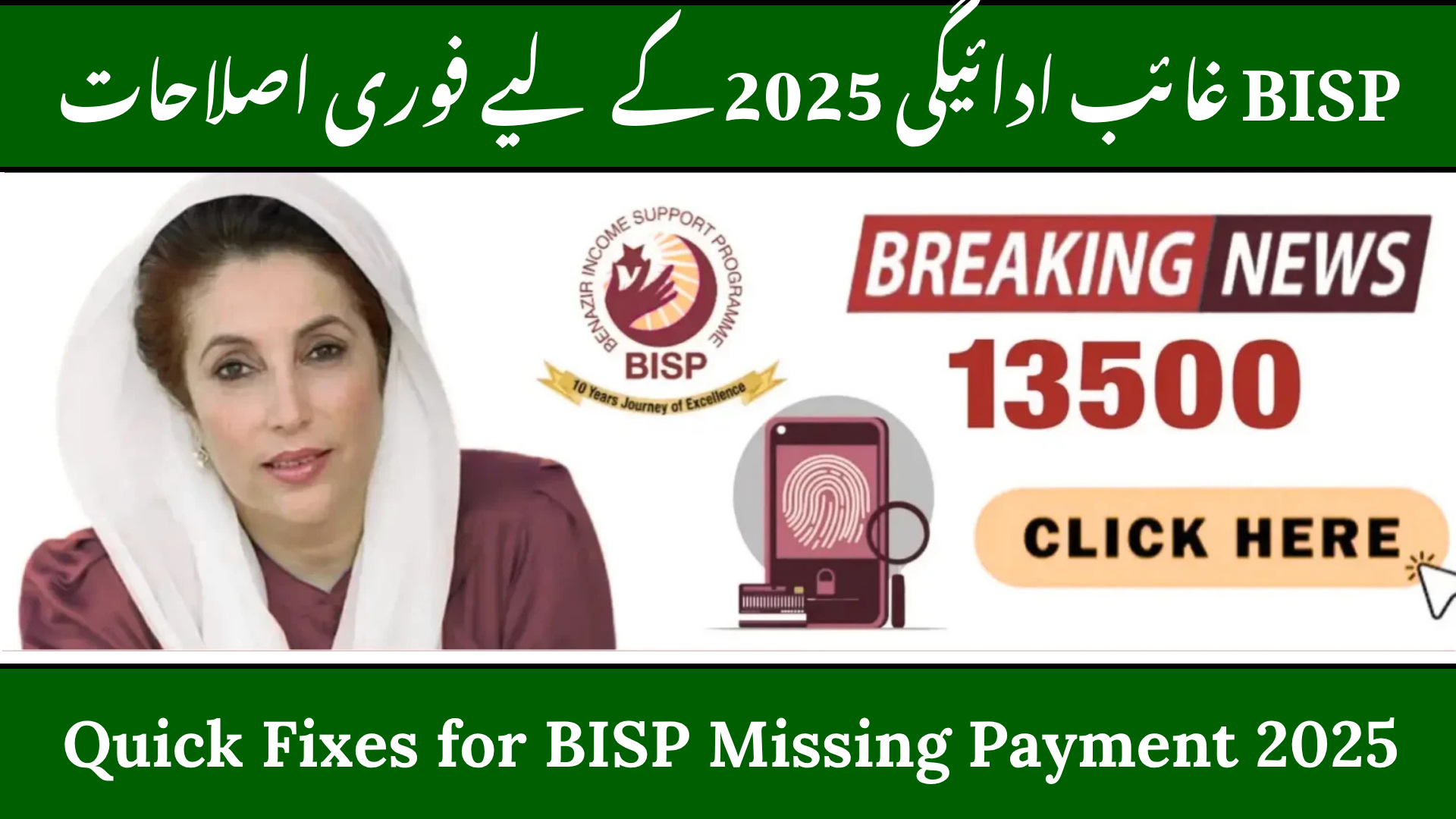SBP Restricts Cash Dollar Transactions in Pakistan. The State Bank of Pakistan (SBP) has issued new regulations that significantly limit cash dollar transactions across the country. Under the updated policy, banks and exchange companies must transfer foreign currency directly into customers’ accounts instead of handing out physical cash. The move aims to strengthen oversight, reduce cash handling, and support Pakistan’s shift toward a cashless, documented economy.
This guide explains the new SBP rules, who they affect, and how they change the process of buying or depositing foreign currency in 2025.
SBP New Restriction on Cash Dollar Transactions
In a fresh circular issued by the central bank, the SBP has made account-to-account transfers mandatory for all foreign currency sale transactions meant for deposit in Foreign Currency (FCY) accounts.
Key change:
- Individuals can no longer receive cash dollars if they are buying foreign currency to deposit into their FCY accounts.
- Instead, exchange companies must:
- Transfer funds electronically
- Or issue a cheque in the customer’s name
This step ensures better documentation and reduces anonymous cash movement in the market.
What This Means for Buyers of Foreign Currency
If you have an FCY account
You will receive foreign currency only through:
- Bank transfer, or
- Cheque, which must be deposited in your FCY account
If you do NOT have an FCY account
You cannot purchase cash dollars for deposit purposes, since SBP no longer allows cash handover in such transactions.
This policy encourages more people to open and maintain formal bank accounts rather than relying on open-market cash purchases.
What About Cash Dollars for Travel and Personal Use?
The SBP clarified that the new rule does NOT ban cash dollar purchases for legitimate travel or personal needs. However, the process is now stricter and more transparent.
Buyers must provide:
- Supporting documents (e.g., travel ticket, passport, visa)
- Biometric verification
- Reason/purpose for purchasing cash above $500
Applicable to:
- Travelers
- Students studying abroad
- Umrah/Hajj pilgrims
- Individuals with approved foreign remittance requirements
These checks aim to curb misuse of cash dollars and ensure compliance with financial regulations.
Impact on Exchange Companies and Banks
Benefit for Bank-Owned Exchange Companies
Industry insiders believe the SBP’s policy will:
- Channel more customers toward bank-operated exchange outlets
- Reduce the role of independent money changers
- Encourage commercial banks to expand currency exchange services
With smoother electronic transfers and integrated banking systems, bank-affiliated exchange companies are expected to attract higher volumes of dollar deposits.
Expected Delays in Currency Processing
Currency experts caution that the updated process may lead to longer clearance times, especially for non-USD currencies.
Estimated delays:
- Euro & Pound cheques: Up to 25 days for interbank clearing
- US Dollar transfers: Around 5 days for interbank settlement
These delays arise when transactions involve different banks, causing extended processing and verification.
Concerns of Independent Money Changers
Local money changers have raised concerns about the SBP directive, noting that:
- They are now prohibited from keeping cash dollars in bank accounts
- Their ability to compete with large bank-affiliated exchange companies is limited
- Processing delays could discourage customers from using independent money exchangers
Many argue that the policy strengthens corporate exchange houses while weakening small, privately owned businesses in the open market.
Why SBP Introduced These Restrictions
The new cash restriction is part of SBP’s strategy to:
- Reduce informal cash-based transactions
- Promote digital payments and documentation
- Combat money laundering and terror financing risks
- Strengthen foreign currency monitoring systems
- Increase transparency in the open market
By pushing for electronic transfers, SBP aims to make foreign currency flows traceable and regulated.
Conclusion
The SBP’s decision to restrict cash dollar transactions marks a major shift in Pakistan’s foreign currency regulations. While the move promotes transparency and strengthens financial oversight, it also introduces delays for buyers and challenges for independent exchange companies.
For anyone purchasing dollars—especially for deposit into FCY accounts—electronic transfers and cheque deposits are now the only options. Travelers and individuals with personal foreign currency needs must also follow stricter documentation and biometric requirements.

